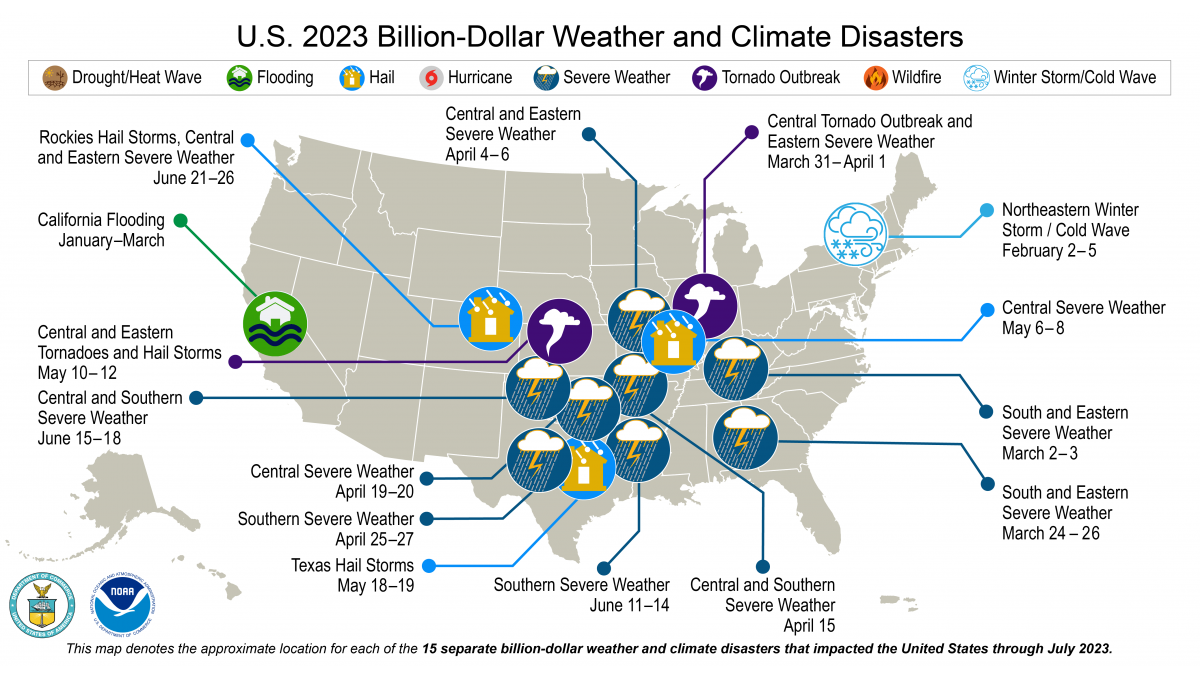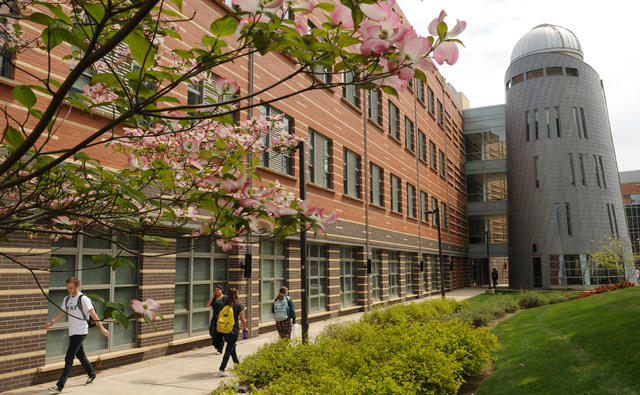The fight for climate justice is at a critical juncture as new data reveals a disturbing trend in American public opinion. According to a recent report from the Yale Program on Climate Change Communication and the George Mason University Center for Climate Change Communication, a staggering 26% of Americans claim to be indifferent towards climate justice, while 19% actively oppose it. This data was gathered from a nationally representative survey conducted between April 18 and May 1, 2023, involving 1,011 adults, with 861 of them registered to vote.
Indifference Reflects Broader Societal Issues
Indifference towards climate justice points to a deeper malaise in American society. When nearly a third of the population feels either apathetic or outright hostile towards the principles of climate justice, it signals a failure of communication and engagement from advocates and leaders alike. This indifference may stem from a lack of understanding of how climate change disproportionately affects marginalized communities, further entrenching existing social inequalities.
Opposition to Climate Justice Shows Growing Disconnect
The 19% of Americans who oppose climate justice represent a significant challenge. This opposition is not merely a political stance; it reflects a fundamental misunderstanding of the urgency of climate issues and the necessity for equitable solutions. As reported by the Yale report, many opponents seem to prioritize economic concerns over environmental accountability, viewing climate initiatives as threats to their livelihoods rather than as opportunities for sustainable growth.
\n\n
Climate Change and its Impact on Local, Regional and Global ...
Climate Justice Advocates Face an Uphill Battle
With nearly a quarter of the population expressing indifference and a significant minority opposing climate justice efforts, advocates are faced with a daunting task. The Department of Energy and Environment (DOEE) in Washington, D.C., along with other organizations, must develop strategies to bridge this gap. Engaging communities through grassroots education initiatives that highlight the direct impact of climate change on local environments is essential. Climate justice cannot be a distant concern; it must be woven into the fabric of everyday life and local struggles.
Government Action Must Reflect Public Needs
The recent findings come at a time when regulatory actions on climate change are more critical than ever. The Environmental Protection Agency (EPA) is tasked with addressing major pollution sources, yet public sentiment could dictate the efficacy of these policies. If a significant portion of the electorate is either indifferent or opposed to climate justice initiatives, the political will to enact necessary reforms may wane.
\n\n
NCCS Collaborates with the NSF Spatiotemporal Innovation Center at ...
Urgent Need for Climate Justice Education and Engagement
As we approach key electoral moments, climate justice advocates must engage in urgent educational campaigns to shift public opinion. This should include emphasizing the links between climate action and social equity, showcasing how sustainable policies can lead to job creation and community resilience. The Inflation Reduction Act represents one of the largest investments in reducing carbon pollution in U.S. history, yet it will only succeed if the public understands its benefits and implications for their lives.

![[Video] Anti-ICE Protester Pepper Sprayed as CBP Agents Disperse Crowd in Minneapolis](/_next/image?url=%2Fapi%2Fimage%2Fthumbnails%2Fthumbnail-1768260677127-y71sb7-thumbnail.jpg&w=3840&q=75)

![[Video] Several injured as U-Haul truck drives through Iranian protestors in Los Angeles](/_next/image?url=%2Fapi%2Fimage%2Fthumbnails%2Fthumbnail-1768176682028-q95y6j-thumbnail.jpg&w=3840&q=75)
![[Video] Scuffle breaks out between Trump supporters and Anti-ICE protesters in Times Square](/_next/image?url=%2Fapi%2Fimage%2Fthumbnails%2Fthumbnail-1768165958203-hgcgb-thumbnail.jpg&w=3840&q=75)


![[Video] Gunfire between Iraqi security forces and Sadr militias in Baghdad](/_next/image?url=%2Fapi%2Fimage%2Fthumbnails%2Fthumbnail-1768343508874-4redb-thumbnail.jpg&w=3840&q=75)
